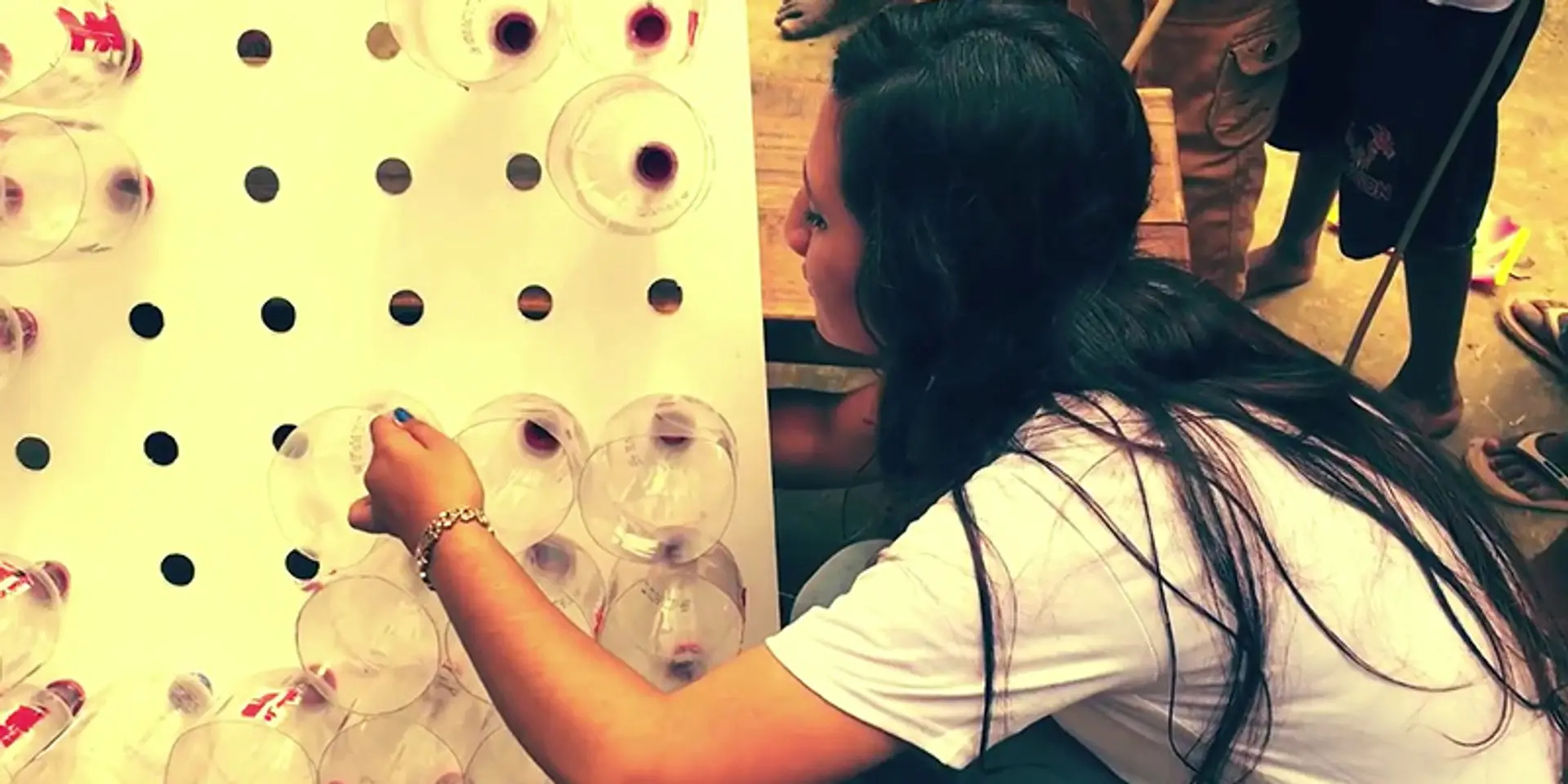Bangladesh's 'Eco-Cooler' that runs without electricity could be the answer to the rising heat
With the overall temperature rise across the globe and the sweltering heat this summer, one can safely assume that households will see a furious shoot-up in their electricity bills this year. While the urban population resorts to air-conditioning to escape the heat wave, the poor clamour for shade in varied confinements.

Bangladesh might have just found the perfect solution to the world’s problem of rising temperatures. Grey Dhaka, the Bangladesh wing of New York-based advertising agency Grey, in collaboration with Grameen Intel Social Business Limited (a Dhaka-based IT company), has introduced the ‘Eco-Cooler’, a cooling device that can run without electricity!
The process involves creating grids made from repurposed plastic bottles cut in half and installed on windows as per size. Based on the direction of the wind and the pressure created by airflow, the Eco-Cooler decreases the temperature by up to five degrees Celsius. This is how it works: hot air enters the open end of the bottle and gets compressed at the neck of the bottle making the air cooler before it enters the room.
In an interview with Mumbrella Asia, Syed Gousul Alam Shaon, managing partner and chief creative officer at Grey Dhaka, said, “After initial tests, blueprints of the Eco-Cooler were put up online for everyone to download for free. Raw materials are easily available, therefore making Eco-Coolers a cost-effective and environmentally-friendly [cooling] solution.”
The Eco-Cooler works better for houses which are made with corrugated tins. Since most of the houses in Bangladesh are made in this way, the cooler works miracles for them. Even India can endorse this technology in the rural sections of the country, given that most of our rural house-structures echo the corrugated tin houses of Bangladesh. This simple idea could bring much-needed relief to the millions suffering the heat, not only in Bangladesh but in India as well.
(Disclaimer: The views and opinions expressed in this article are those of the author and do not necessarily reflect the views of YourStory.)







